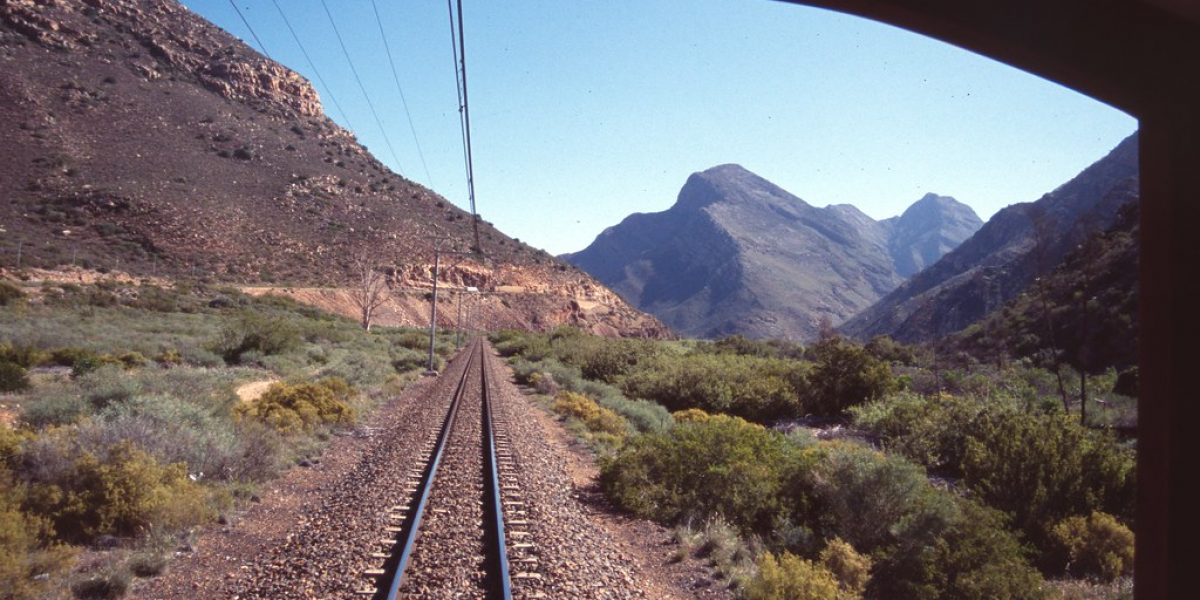Methodology
A case study approach is followed, investigating infrastructure developments around the coal resources in Moatize (Mozambique). Particular focus is placed on investments in rail infrastructure.
Research Objective
This report explores the transport infrastructure value chains in Mozambique and South Africa, focus specifically on the developments around coal, and the impact investments in these sectors have on economic development.
Synopsis
- Africa generally lacks adequate large-scale infrastructure due to limited investment during the 1980s/1990s. Extractive industries often attract large-scale infrastructure – key consideration is what the benefits of this is to local economic development (i.e. do MNCs use infrastructure to extract minerals and repatriate profits or are backward linkages formed that benefit local development).
- This study investigates the case study to explore the institutional dynamics of lead firms, the government and Mozambique and development partners involved in infrastructure development to establish how these dynamics influenced local economic development.
Policy Recommendations
- An evaluation of procurement policy (employed by GoM to procure infrastructure construction goods and services) had placed limited obligations on supplying firms to involve local Mozambican firms.
- The analysis found that donor and PPP procurement policies favoured inclusion of multinational companies (over domestic firms) largely due to lack of inherent capacity building elements (favouring qualities such as price, quality and experience).
- Backward linkage in infrastructure projects were often not promoted by local investment promotion authorities
- Sourcing inputs for construction locally (Mozambique) was a significant challenge, but regulatory barriers hindered the import of inputs (goods and services).
- MNCs implementing projects typically rely on their established (global) networks for goods and services inputs, rather than sourcing locally.

